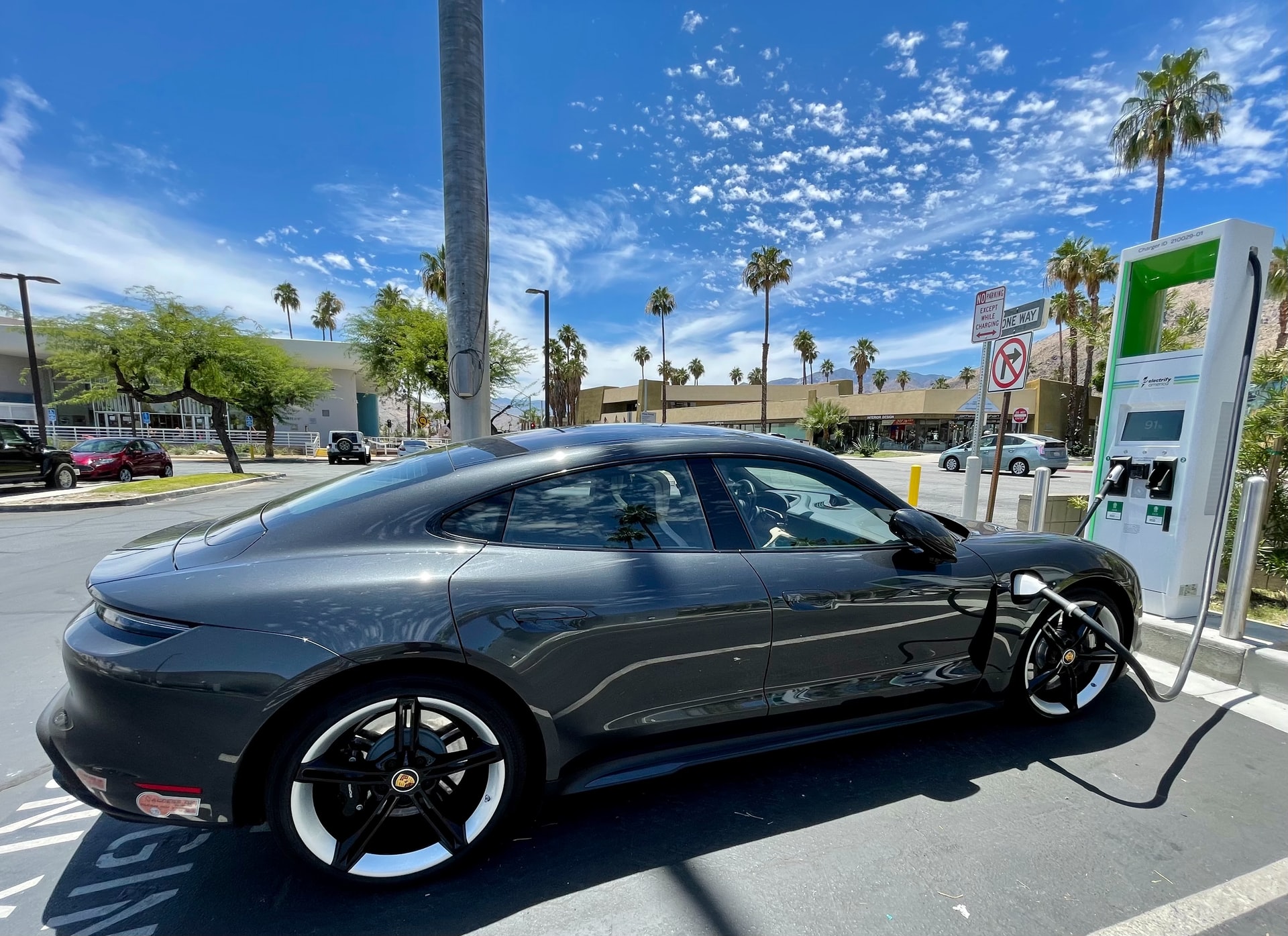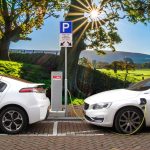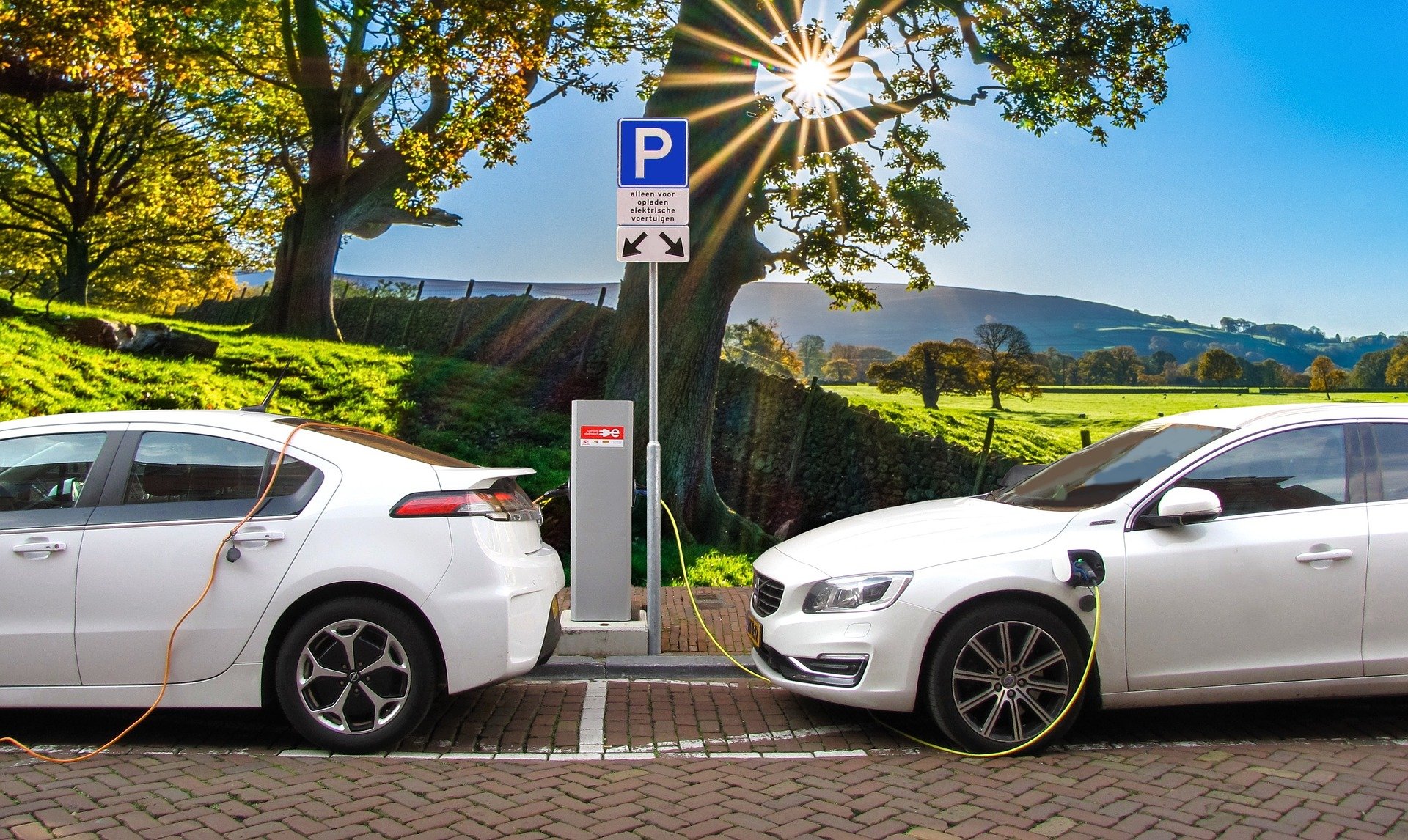
Dieselgate has many individuals going to electric vehicles as an all the more harmless to the ecosystem alternative. However, in certain regards, e-vehicles can be similarly as awful for the climate as conventional vehicles. So what’s the end result?
E-vehicles don’t discharge the environment harming ozone depleting substances or wellbeing hurting nitrogen oxide. They’re calm and simple to work with. Electric vehicles appear to enjoy a ton of upper hands over vehicles that sudden spike in demand for gas or diesel.Indeed, with disclosures about car industry undermining outflows tests, numerous purchasers feel misled – and are searching for approaches to circumvent turning into a survivor of the misdirection. One approach to do as such is change to an electric vehicle. By and large, governments are empowering this progress. E-vehicles offer a fast answer for two cultural necessities: arriving at public focuses for decreasing ozone harming substance discharges, and handling air contamination in downtown areas. Germany, which has promised to decrease fossil fuel byproducts by 40% by 2020 contrasted with 1994 levels, intends to have 1 million electric vehicles on the street by then, at that point. It’s not prone to arrive at this objective. In any case, past that, electric vehicles aren’t the ideal arrangement – for quite a long time. In the event that e-vehicles are running on power delivered by consuming filthy non-renewable energy sources, environment benefits are restricted. In light of the mind boggling batteries they use, it right now takes more energy to create an electric vehicle than a traditional one. Also, discarding those batteries is an ecological risk. All in all, how might buyers be certain they’re settling on the best choice?
Moving outflows goes 4×4 romping – and onto power plants
Under current conditions, the general carbon impression of a battery-controlled vehicle “is like that of a regular vehicle with a burning motor, paying little mind to its size.” That’s the decision of a recent report by the Institute for Energy and Environmental Research (IFEU) in Heidelberg. While less discharges are delivered by the actual vehicles while driving in the city, CO2 is as yet being produced by power plants to charge the electric vehicles. In Germany for instance, the greater part of Germany’s power is produced from coal and gas. An individual accusing an electric vehicle of what routinely emerges from a German force attachment would have to travel 100,000 kilometers (62,000 miles) to “pay off” this eco-obligation, and produce generally speaking less CO2 than driving a gas driven vehicle. On the off chance that the vehicle is charged off of green power just, this figure is diminished to 30,000 kilometers.
Energy-escalated battery creation
The creation of electric vehicles right now represents the greatest natural issue. As indicated by a review by the Fraunhofer Institute for Building Physics, it takes over two times the measure of energy to create an electric vehicle as an ordinary one.The principle justification behind that is the battery. The foundation assesses that every kilowatt hour of battery limit includes 125 kilograms (276 pounds) of CO2 emanations. For a 22 kilowatt-hour battery for a BMW i3, this converts into right around 3 tons of CO2. Batteries likewise should be produced using uncommon earths like copper, cobalt and neodymium.
Mining exercises in nations like China or the Democratic Republic of Congo frequently cause common liberties infringement and tremendous biological pulverization: deforestation, dirtied streams, polluted soil. Also, numerous automakers use aluminum to fabricate the groups of e-vehicles, and a colossal measure of energy is needed to deal with bauxite mineral into the lightweight metal.
Electric greenwashing?
In view of their backhanded outflows, there has been debate about whether electric vehicles can be designated “zero emanation vehicles.” It’s an inquiry with sweeping outcomes. The EU’s new CO2 restricts just should be met on a normal that assesses every one of the various vehicles a producer produces. By building “zero outflow” vehicles, vehicle creators can likewise keep on selling gas hogs like SUVs that surpass these cutoff points.
As per the most recent examination from the Mobility, Logistics and Automotive Technology Research Center at the Free University of Brussels (VUB), a battery-controlled electric vehicle that utilizes power created by oil will produce somewhat a bigger number of discharges over its lifetime than a diesel-fueled vehicle – still not exactly a petroleum vehicle.
However, e-vehicles that utilize power delivered from sustainable sources will create up to multiple times less fossil fuel byproducts over their lifetimes than a petroleum vehicle. This implies that all together for the change to e-versatility to be best, nations should progress their energy age in equal amounts. Renewables made up around 34% of Germany’s energy blend in 2016 – constantly 2035, Germany needs 55 to 60 percent of its power to come from wind, sun oriented and biomass.
Battery removal
Concerns have additionally been raised with regards to what befalls the perplexing batteries, which likewise contain poisonous synthetics, toward the finish of an electric vehicle’s life. Would this make another ecological emergency? Not if new arrangements are being created to give the batteries a subsequent life are fruitful.
“A battery can be utilized for different purposes adequately – yet we need to set up what ‘entire life’ is intended for a battery,” said Jim Holder, article head of What Car?, a UK-based auto magazine. At various colleges, researchers are creating approaches to reuse electric vehicle batteries – for modern cycles, for example. The more drawn out the battery can be utilized after the existence of the vehicle, the lower that vehicle’s ecological effect will be over its life expectancy.
There is additionally continuous investigation into making the batteries more productive while they are in the vehicle. Architects are additionally investigating how to utilize electric vehicles as capacity gadgets in the general energy framework. A vehicle connected for the time being could hence criticism into the framework now and again of lower environmentally friendly power age, for example when the sun isn’t sparkling and the breeze isn’t blowing. There is general agreement that while electric vehicles may not be really “zero outflow” vehicles, they are still overall better for the climate and for the environment than regular vehicles.
The key in the coming years will be to sort out some way to ensure these new vehicles can turn out to be significantly more eco-accommodating.






